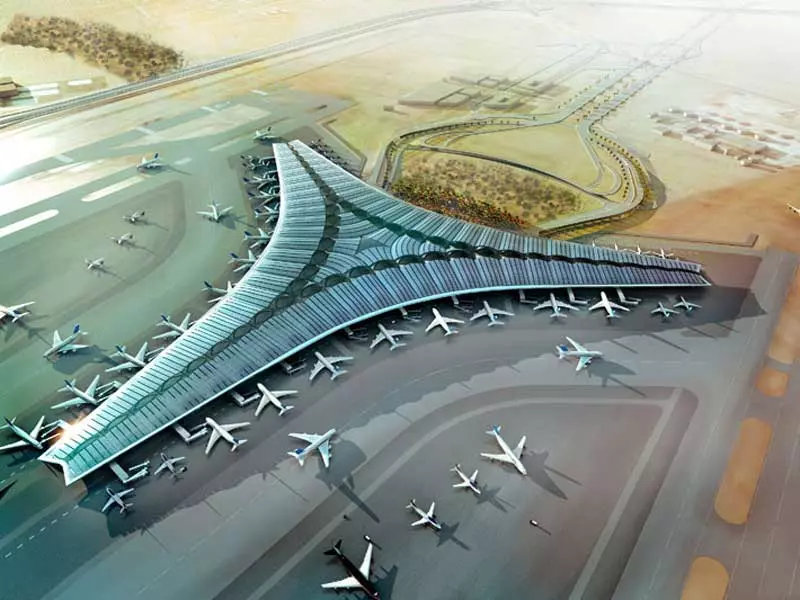
Airport Deutschland
As an experienced travel writer, I appreciate the central role that airports play in Germany. They are not only important hubs for air traffic, but also economic engines and gateways to the world. Airports are hubs where people and goods come together to forge connections across borders.
Germany has an excellent network of airports that efficiently handle not only passenger traffic, but also freight traffic. This infrastructure is crucial for the competitiveness and prosperity of our country. Airports help to ensure that Germany is perceived as an attractive location for companies and tourists.
In addition, airports also have an important social function. They are places of encounter where people from all over the world can come together and exchange experiences. Airports are thus bridges that connect cultures and traditions.
The largest airports in Germany
Germany has a well-developed network of airports, which vary greatly in size and importance. The largest and most important airports include:
- Frankfurt am Main Airport: With over 70 million passengers per year, Frankfurt am Main Airport is the largest airport in Germany and one of the busiest airports in Europe. It is an important hub for Lufthansa and other airlines.
- Munich Airport: Munich Airport is the second largest airport in Germany with around 48 million passengers per year. It is particularly important for the south of Germany and plays an important role as a hub for Lufthansa.
- Berlin Brandenburg Airport: Berlin Brandenburg Airport, also known as BER, is the new major airport in the German capital. It replaces the previous Tegel and Schönefeld airports and is expected to handle around 40 million passengers per year in the future.
- Düsseldorf Airport: Düsseldorf Airport is the third largest airport in Germany with around 25 million passengers per year. It is an important location for Lufthansa and other airlines.
- Hamburg Airport: With around 17 million passengers per year, Hamburg Airport is the fifth largest airport in Germany. It is an important transport hub in the north of the country.
These airports are not only hubs for air traffic, but also important economic factors for their respective regions.
Airport infrastructure and services
The infrastructure and services at German airports are at a high level. In addition to runways, terminals and apron areas, the airports offer a wide range of services for passengers and air cargo customers.
These include modern check-in counters, efficient security checks, comfortable lounges, a wide range of shopping and dining options, and high-performance cargo handling facilities. Many airports also have connections to public transport, such as subway, S-Bahn or long-distance trains.
In order to meet the constantly growing demands, airport operators regularly invest in the expansion and modernisation of their infrastructure. In doing so, they pay attention to sustainability and environmental compatibility in order to keep the ecological footprint as low as possible.
In addition, the airports offer a wide range of services that go far beyond pure flight operations. These include, for example, conference and event spaces, hotel accommodation, parking spaces as well as logistics and freight services.
Airport connections and flight routes in Germany
The network of airport connections in Germany is very well developed. From the major hubs such as Frankfurt, Munich and Berlin, numerous destinations in Germany and abroad can be reached directly or with just a few changes.
In addition to intercontinental flights to important business locations in North America, Asia and the Middle East, there is also a dense network of connections within Europe. Many German cities are connected to the most important European metropolises such as London, Paris, Madrid or Rome via the airports.
In addition, there are numerous regional flights that ensure the connection of rural regions to the air transport network. Airlines such as Lufthansa, Eurowings or Ryanair serve these routes and thus contribute to the mobility of citizens.
The airports in Germany are also of great importance for freight traffic. Frankfurt am Main Airport in particular is an important hub for international air freight traffic. From here, goods from all over the world are transported to the logistics centers and to the end customers.
Whether for business trips, holiday flights or freight transport - the airports in Germany offer an excellent infrastructure and a wide range of connections. Discover the possibilities that our airports open up for you!








